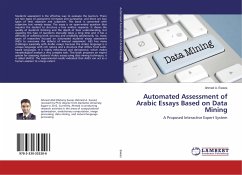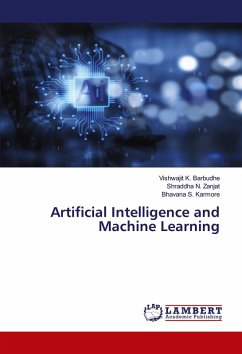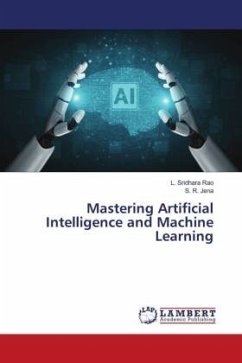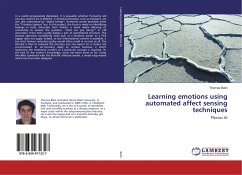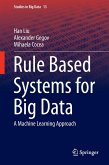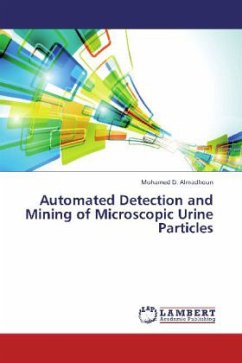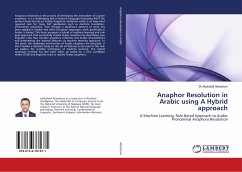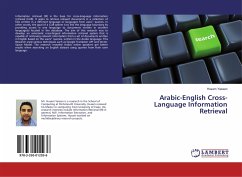Students' assessment is the effective way to evaluate the learners. There are two types of assessment; formative and summative, and there are two types of tests objective and subjective. This book is concerned with subjective test namely essays. The essay is an open-ended question that requires the student to structure a free written response. It shows the quality of students' thinking and the depth of their understanding, but assessing this type of questions manually takes a long time and it has a difficulty of achieving both accuracy and credibility satisfactorily. So, many types of researches focused on automated students' essays assessment (AES) to overcome the defects of manual assessment. AES has many challenges especially with Arabic essays; because the Arabic language is a unique language with rich nature and a structure that differs from Latin-based languages. It is highly inflectional and derivational, which makes morphological analysis a very complex task. This book proposes an expert system for assessing students' Arabic essays using data mining techniques, it is called (AAES). The experimental results indicated that AAES can act as a human assessor to a large extent.
Bitte wählen Sie Ihr Anliegen aus.
Rechnungen
Retourenschein anfordern
Bestellstatus
Storno

